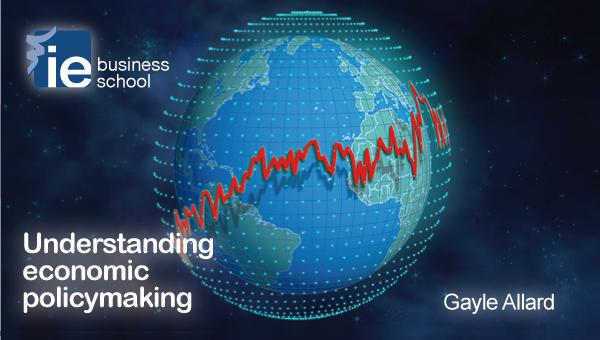Globalization Economic Growth and Stability Specialization
This Specialization aims to make economic concepts accessible to every learner, and to teach them to analyze current events using the toolkit of economics. It begins by explaining the basic parameters of the macroeconomy, and how governments can/should use both fiscal and monetary policy to influence growth, inflation and employment. It then moves on to the international arena, where countries interact, and explains the basic principles of free trade, exchange rates, the balance of payments and immigration and how these interactions affect our everyday lives. Finally, learners will apply these tools and concepts to the world's leading economies and discover how they can "read" from a country's economic data important lessons about the risks and opportunities of doing business in these countries, equipping them with tools that they can use in the workplace and even in their personal investment decisions.



